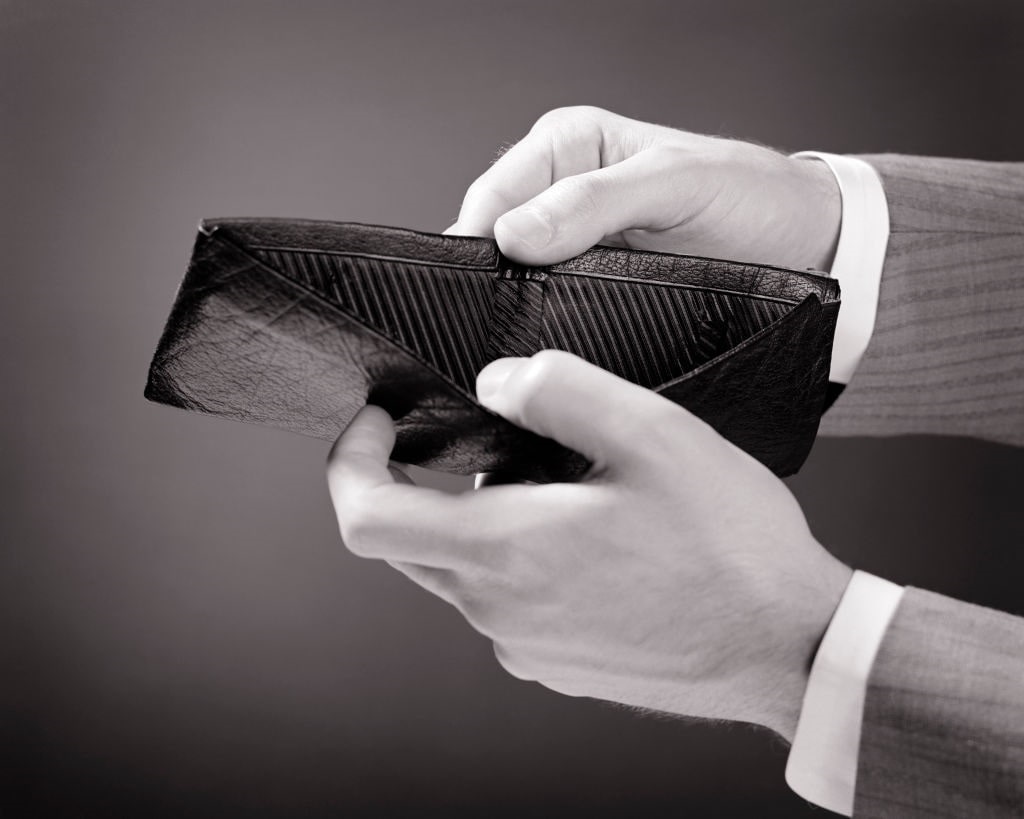Every time the United States economy appears to be turning a corner, something happens to dash all hope. From bank failures to a reacceleration in inflation, the post-pandemic country is being bombarded with challenges that could break the nation, leaving 300 million consumers to fend for themselves amid a wasteland of high prices, labor strife, corporate bankruptcies, drained savings accounts, and a devalued greenback. Well, at least households can take comfort that the voting public does not have to endure mean tweets in this environment.
Consumers Slowing Down the Spending
Ninety-two percent of Americans have trimmed their spending over the last six months, according to a new CNBC-Morning Consult survey. The poll of more than 4,400 US adults found that more cautious consumers have been reducing their spending on apparel (63%), bars and restaurants (62%), vacations (53%), and electronics (60%). But here is one noteworthy part of the study: 54% have been cutting groceries.
Across the board, households in all income levels say they are feeling the impact of the economy on their personal finances. This includes the 46% of US households earning $100,000 or more, although that is down from the 55% when the same survey was conducted in June.
The busy holiday shopping season is still a few months away, but companies might need to brace for less cheerful shoppers. The research shows that more than three-quarters say they will decrease their spending on non-essential items over the next six months. Additionally, 62% intend to lower their spending on essential goods and services over this same span.
Are these numbers surprising? Not really. Other metrics have alluded to the same prevaling attitude of caution. The widely watched University of Michigan Consumer Sentiment Index has been retreating since hitting a two-year high in July. Plus, the institution’s Current Economic Conditions Index plunged in September amid soaring food and energy prices. The Federal Reserve Bank of New York recently published the results of its monthly Survey of Consumer Expectations. It revealed that households were less optimistic about their financial situations as their outlook regarding income growth, employment status, and credit conditions diminished. Once again, inflation was the cause as respondents’ year-ahead commodity price projections climbed everywhere, be it gasoline or medical care.
Recent developments in the US marketplace point to further weakness ahead for consumers.
Reading the Tea Leaves
In August, the San Francisco Fed Bank reported that US households held less than $200 billion of the aggregate $2.1 trillion in pandemic-era savings. Economists project that this will be fully exhausted before the year is over. This is a reliable forecast for two reasons. The first is that the personal savings rate has cratered again, falling to 3.5% in July, according to the Bureau of Economic Analysis. The second is that consumer prices increased for two straight months and could be poised for a third as a basket of goods and services has revved up again.

(Photo by Rick Loomis/Los Angeles Times via Getty Images)
In the second quarter, nominal total credit card debt exceeded $1 trillion for the first time on record. While the bottom-line figure is undoubtedly a problem, servicing this red ink is a genuine herculean task – some might say a Sisyphean feat – with average credit card interest rates at around 21%. Estimates from WalletHub show that the central bank’s rate hikes have added billions of dollars extra to consumers’ monthly bills from MasterCard and Visa. What’s worse is that delinquency rates are starting to inch higher for borrowers, whether for these pieces of plastic or personal loans.
“US consumers are adding new credit card debt at a nearly unprecedented rate,” said Jill Gonzalez, WalletHub analyst, in a note. “We added tens of billions of dollars in new credit card debt to our tab during the second quarter alone, which indicates that people are increasingly needing to borrow to make ends meet.” But she noted: “Nevertheless, household finances are still in surprisingly strong shape.”
The Eccles Building has essentially confirmed that borrowing costs will remain higher for longer. Indeed, the Federal Open Market Committee’s Summary of Economic Projections shows that coming down from 22-year-high interest rates will be a slow and steady descent. As a result, consumers will find it harder to keep their heads above water, especially if their rainy-day funds are eroding amid an elevated cost of living and a depreciating US dollar.
So, This is Bidenomics?
By reading statements from the White House, scanning posts from President Joe Biden on X (previously Twitter), and watching the left-leaning talking heads on television, the typical person would think that this is the greatest economy ever because of Bidenomics. Sure, conditions are decent if people do not live under a roof, eat food, or drive an automobile. Despite the globalists desiring the public to live in coffin apartments a la Hong Kong, imbibe bugs, and ride bicycles, the reality for most people is that everything is expensive, a buck buys a nickel’s worth, and the US economy is barely alive.




